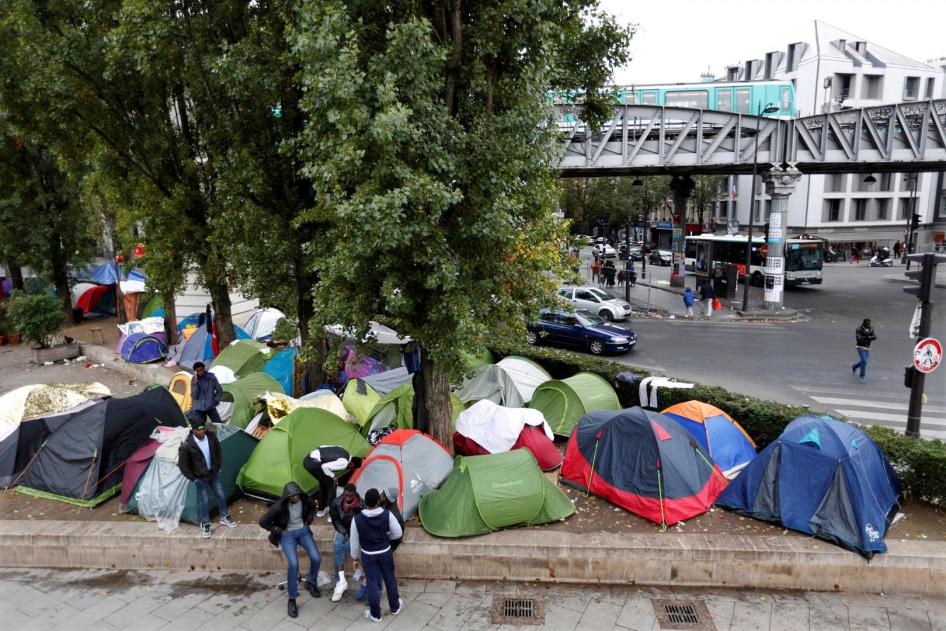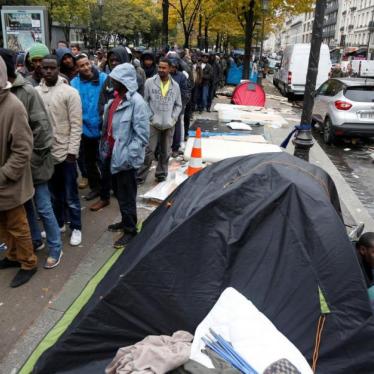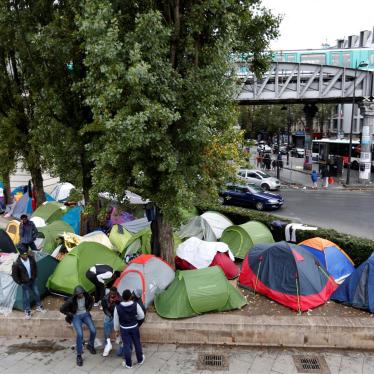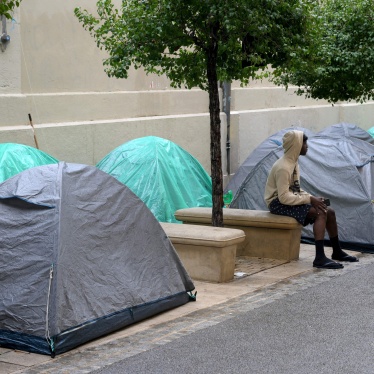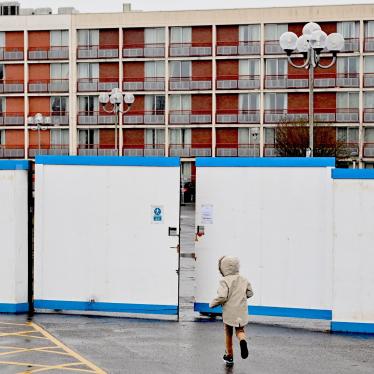In France, asylum seekers are sleeping rough, and flawed procedures often leave unaccompanied migrant children adrift, homeless, and excluded from the care they need.
But instead of addressing these challenges or correcting flaws in existing laws, legislators have decided to push through a problematic new asylum and migration law that could make it harder for people to get needed protection.
The main aim of the law, passed August 1, seems to be to make it harder to obtain asylum. Applications now need to be made within 90 days upon entering French territory or face a fast-track process with fewer safeguards.
Appeal rights have been curbed. Some asylum seekers who are rejected, including those from countries deemed “safe,” may be deported even before the asylum court rules on their appeal. While safe removal of rejected asylum seekers is a valid policy, the new rules substantially increase the risk that people who need protection could be wrongly removed to face death, torture, or other irreparable harm.
The European Court of Human Rights has criticized France in the past for a system that allows fast-tracked asylum seekers to be removed before appeals are heard. The new law is likely to face similar scrutiny in the courts.
There are some positives in the new law. It extends residence permits from one to four years for persons given ‘subsidiary’ protection, but not full refugee status, and removes from the list of safe countries of origin those whose governments persecute LGBT people.
The law also creates an exception to the crime of helping undocumented migrants when done for “a strictly humanitarian objective.” But lawmakers had little choice given the recent Constitutional Court ruling that solidarity should not be criminalized, and some groups are worried that judges could narrowly interpret the humanitarian exception in a way that permits prosecutions.
The National Assembly missed the opportunity to ban family detention, even though the Senate had proposed to limit that form of detention to five days. The final law doubles maximum detention pending deportation from 45 to 90 days, including for accompanied children, although they have pledged to propose separate legislation to curb detention of children in the coming months.
It is shameful that rather than addressing dire situations faced by many asylum seekers and migrants, France’s lawmakers decided to weaken safeguards for asylum.

